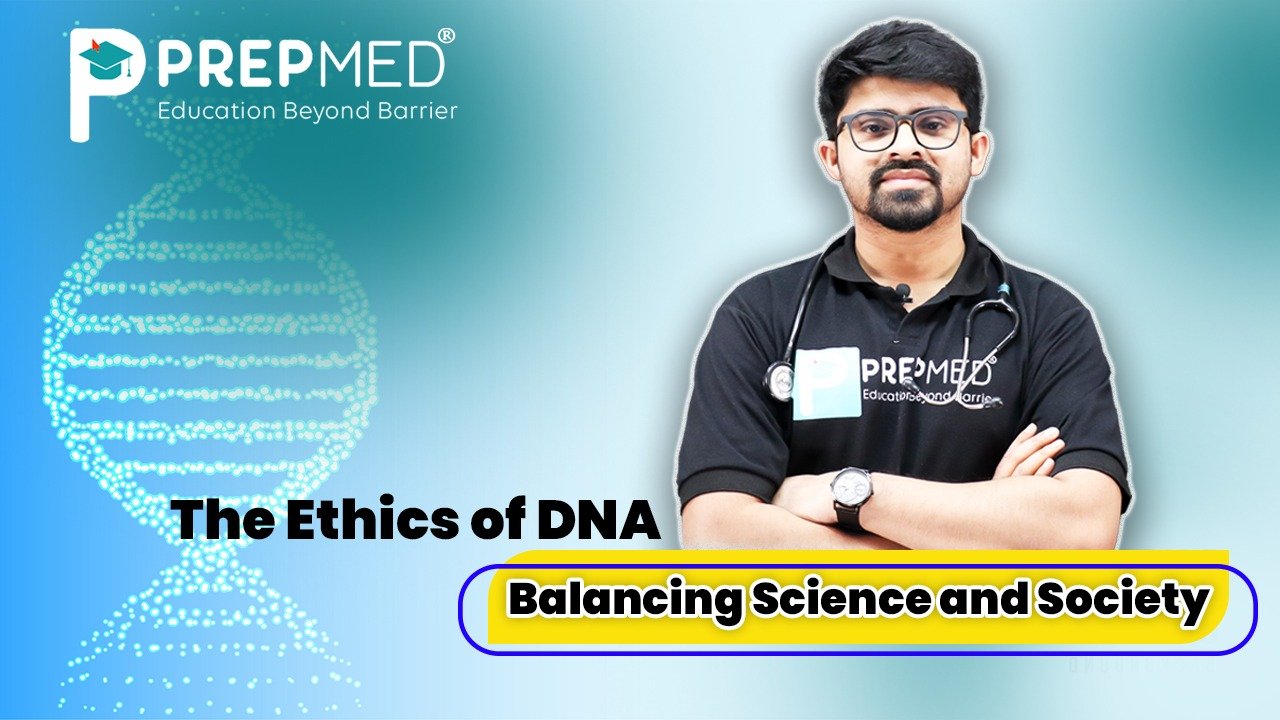November 20, 2024
The Ethics of DNA: Balancing Science and Society
The Ethics of DNA Exploration and finding its various applications has revolutionized medical and forensic science and has changed the perspective of understanding the history of the human genome. With the modern advancement in medical technology, decoding the genetic setup, editing the genetic components, and utilizing the various DNA applications has become easier.
The balancing between scientific progress and society is crucial to prevent the harm and misuse of its applications and promote the overall well-being of the society and individuals. The benefits of applications of DNA technology is vast as it creates opportunities for creating personalized treatments catering to an individual's genetic needs and providing curative measures to treat and cure various genetic disorders.
How DNA helps to find balance:
Advancements in modern DNA technologies like in CRISPR, have introduced several paths for modification in genes. There are also significant ethical questions that pose a threat to society. The ability to edit the genetic setup, altering the human genomic pattern of the future generations brings forward several debates regarding the boundaries of science. The implications of critical issues that might harm the society must be critically addressed.
- Advancing medical science: Advanced medical science and its treatment provides a greater advantage to society by providing tailored and customized treatment according to the genetic makeup of an individual. This had ultimately led to better and effective treatments for the patients and less side effects.
- Protecting genetic privacy: Protecting the genetic privacy that might raise some ethical questions is vital to protect the striking balance between the society and its people in order to prevent the misuse of genetic information. Various ethical regulations help to ensure that the individual’s rights are safeguarded, the genetic information and data is used carefully, thereby promoting trust in future scientific research and prospects.
- Equal access to all: Making sure that the DNA Technology advancement is accessible to everyone, helps to strike out the bridge between various societal groups. Promoting efforts so that genetic testing and its advantages are accessible and available on a global level will ensure equal healthcare for all.
- Informed decision and consent: To move forward with genetic research and testing, informed consent is crucial. Individuals must be aware and fully informed about the risks and benefits of various genetic research programmes. Transparent and open communication and providing knowledgeable education is the key to empower and educate individuals to make informed decisions.
- Considering environmental aspect: Carefully assessing the various impacts of genetic testing on the biodiversity and the environment must be carefully taken care of. Ethical considerations in the use of GMOs (Genetically Modified Organisms) and various gene editing ensures that a healthy balance between the science and environment is maintained.
- Engaging public enthusiasm in Scientific advancements: Educating people regarding the various DNA Technology, its implications and applications helps to make them understand the future aspect of DNA research advantages.
- Fostering International Collaboration: Fostering international regulations with collaborative public engagement and efforts is essential to promote DNA advancements and create comprehensive policies that reflect the various cultural sensitivities.
Conclusion:
As you can see, DNA technology’s potential to benefit science and humanity is huge, keeping in mind the social, ethical, and legal implications that need thoughtful consideration is important. Maintaining the balance between science and technology ensures improving the quality of human health and life.






